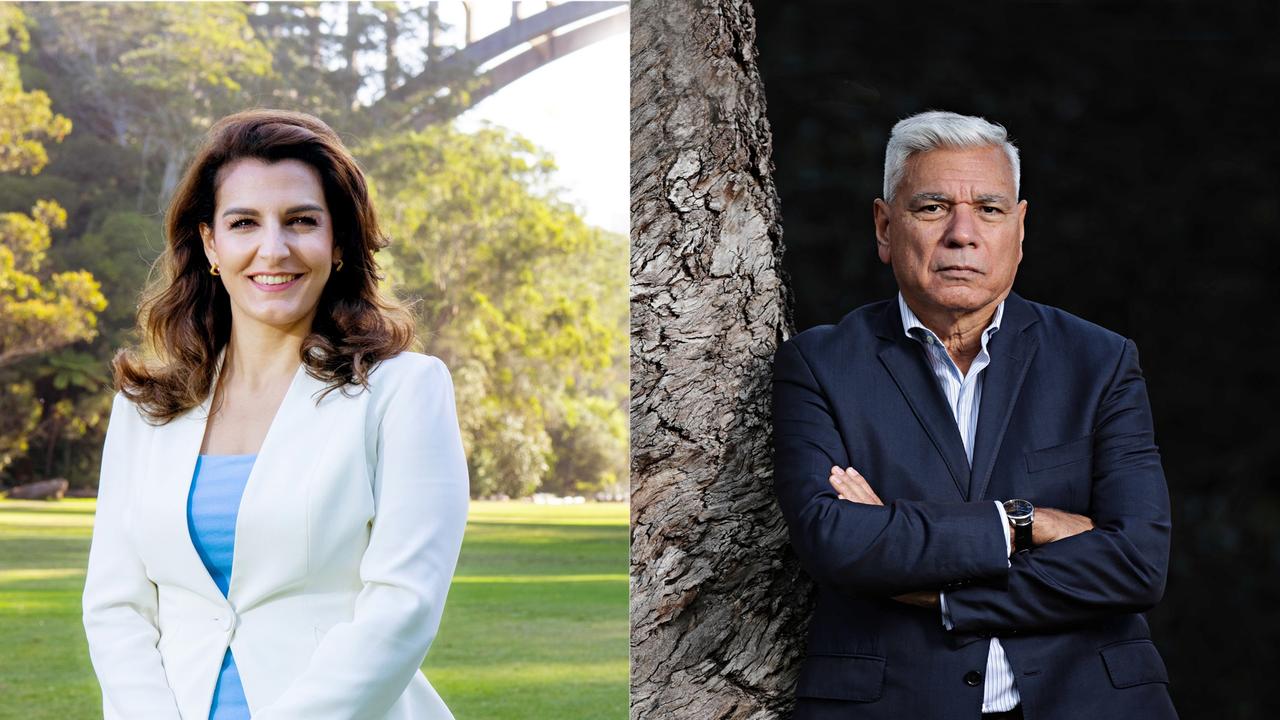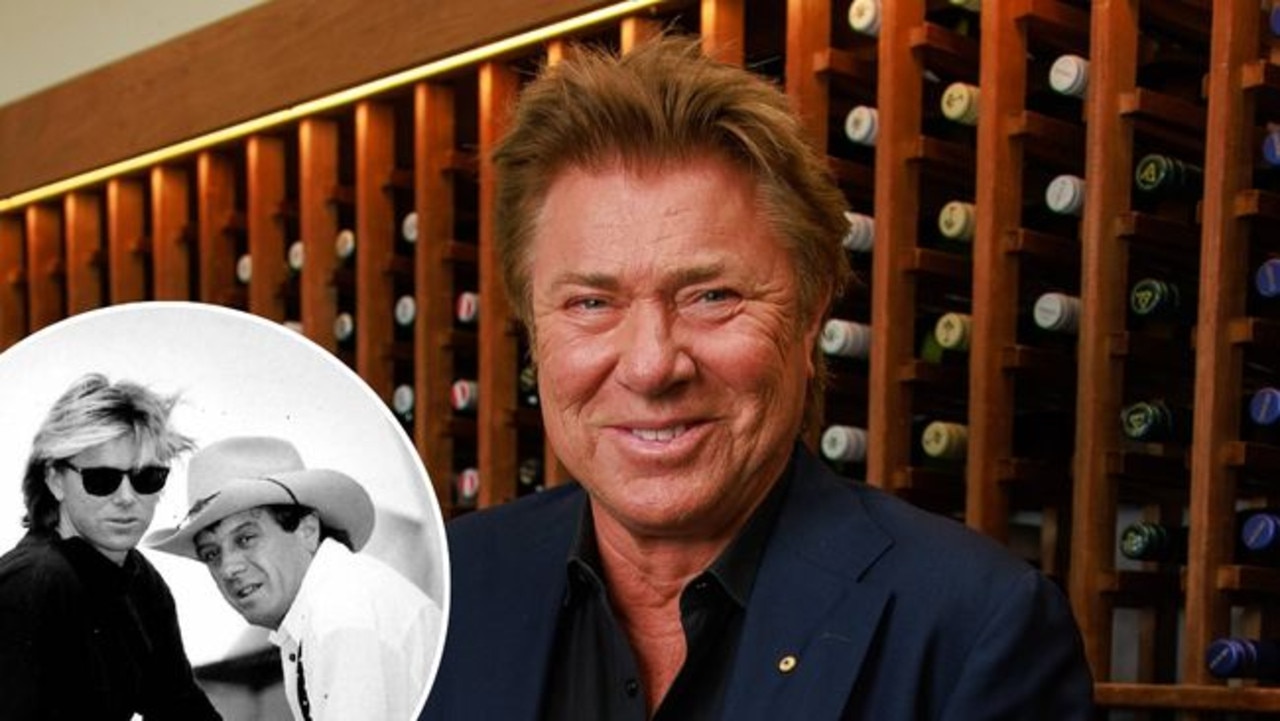Plea for ex-husband‘s DNA to exonerate Kathleen Folbigg
The DNA of convicted child killer Kathleen Folbigg’s ex-husband may hold the missing genetic clues that could exonerate her, but Craig Folbigg is refusing to co-operate.
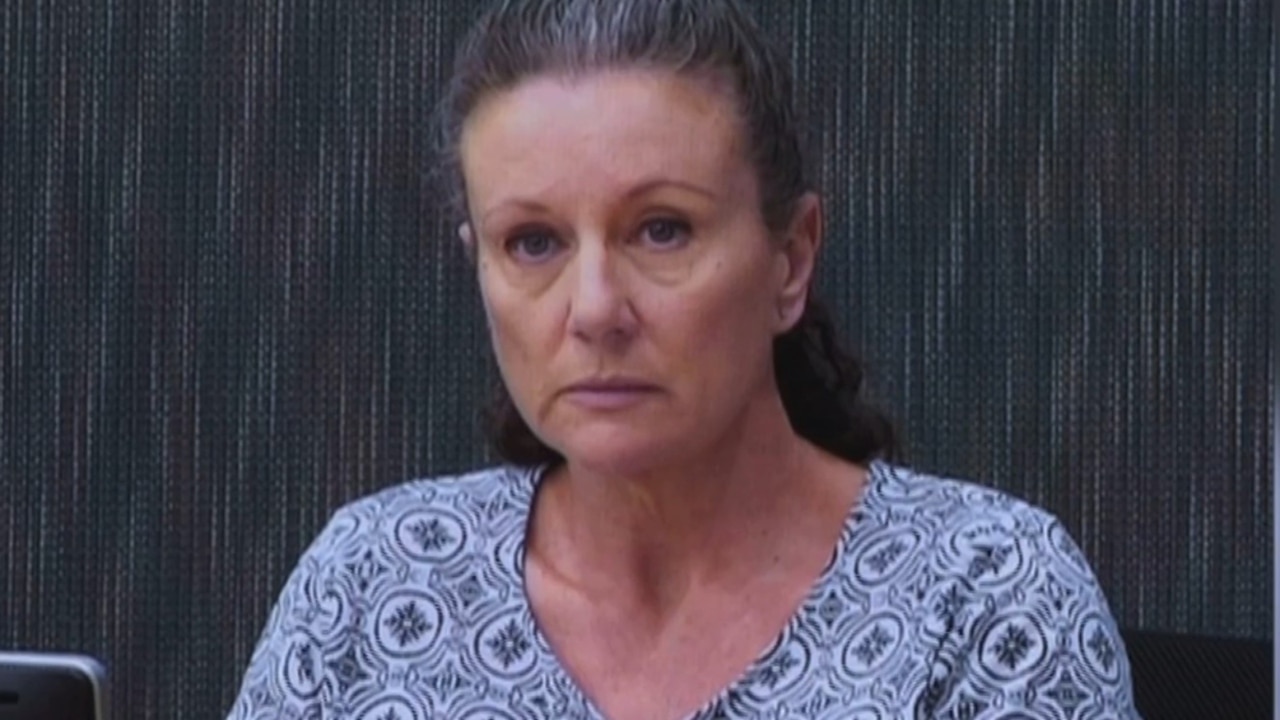
NSW
Don't miss out on the headlines from NSW. Followed categories will be added to My News.
Kathleen Folbigg’s ex-husband is under increasing pressure to provide his DNA, with top scientists saying his co-operation would provide vital information that could exonerate the woman jailed for killing their four infant children.
Craig Folbigg has indicated he will not give his DNA or attend the upcoming inquiry set down for November, citing a lack of funds for legal representation.
Kathleen Folbigg was convicted in 2003 of killing her infant children – Caleb, Patrick, Sarah and Laura – by largely circumstantial evidence, but new genetic evidence found that Sarah and Laura carried a mutation inherited from their mother that causes heart arrhythmias that were over “99 per cent likely to cause sudden unexpected death”.
Geneticist Adjunct Professor Oliver Mayo from the University of Adelaide is a cosignatory to the Australian Academy of Science petition signed by 90 eminent scientists calling for Folbigg’s immediate pardon and release from jail based on the new evidence.
Mr Folbigg’s refusal to give a DNA sample was a missed opportunity to investigate if the couple’s two sons also inherited genetic mutations from the father’s side that could explain their deaths, Prof Mayo said.
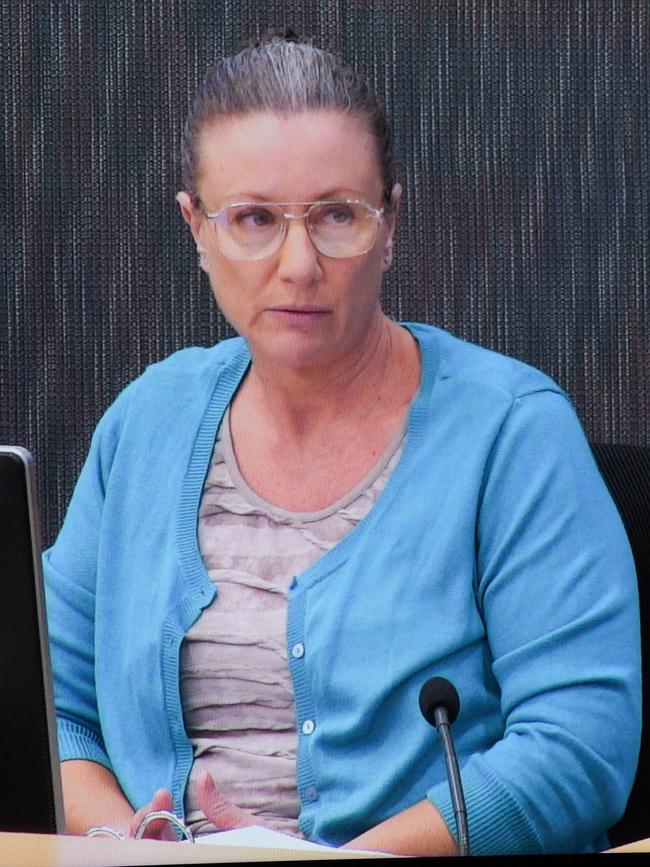
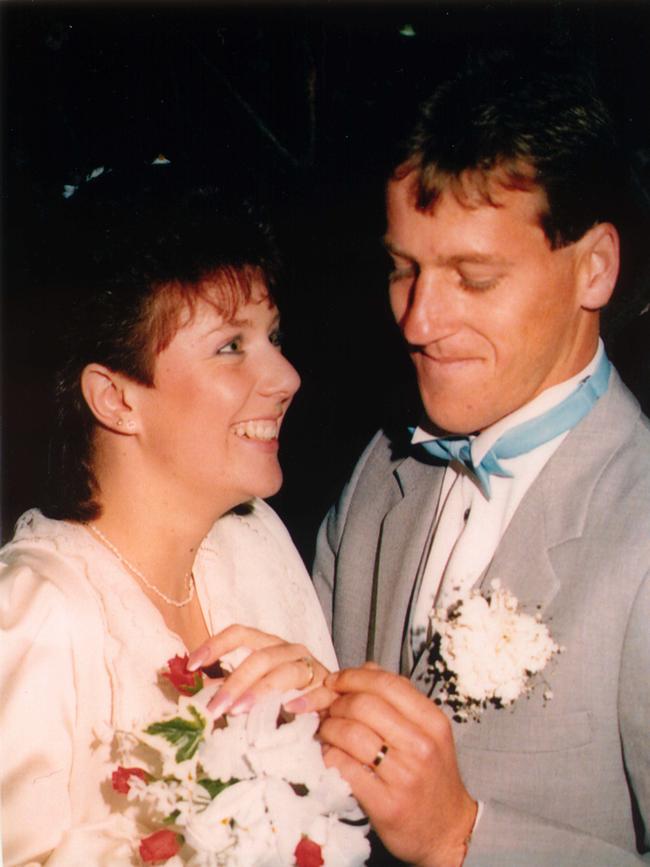
“It is mainly to see if it is in the family on his side and that is justification to look at other cases which would strengthen the case that these are genetically caused multiple deaths,” he said.
The case against Folbigg, who was sentenced to 30 years with a non-parole period of 25 years, is a miscarriage of justice, according to scientists who argue the legal profession in Australia is behind other countries that have now reversed similar cases based on British Professor Roy Meadow’s rule of three – that “one sudden infant death is a tragedy, two is suspicious and three is murder, until proved otherwise”.
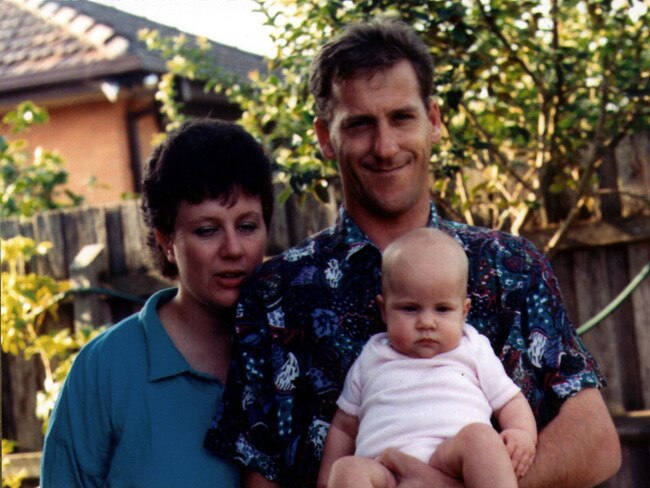
“Basically everywhere except in Australia has now recognised that the aphorism that Roy Meadow put out … is 100 per cent wrong. If you get multiple sudden infant deaths, it is very likely to be a genetic defect,” Prof Mayo said.
Craig Folbigg’s lawyer Danny Eid said a lack of legal funding was the reason for his client’s non-participation in the inquiry.
Mr Folbigg maintains his ex-wife killed their children.
“Craig Folbigg is unhappy he is being hamstrung by the funding issue,” Mr Eid said.
“He is unable to be a voice for his murdered children and those children deserve it.”
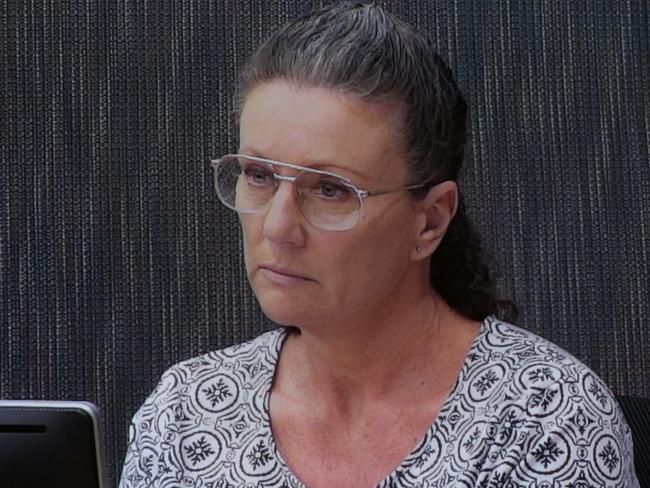
The second inquiry into Folbigg’s conviction was ordered by Attorney-General Mark Speakman after the call for the pardon. Mr Speakman said his office had offered funding to Craig Folbigg.
Mr Eid criticised the funding amount as it was “capped hours that essentially means senior counsel was only covered for about eight days”.
“He can’t partake because he is not properly funded,” Mr Eid said. “Whatever the bottom line truth is, the inquiry should properly fund all litigants in it.”
More Coverage
Originally published as Plea for ex-husband‘s DNA to exonerate Kathleen Folbigg



